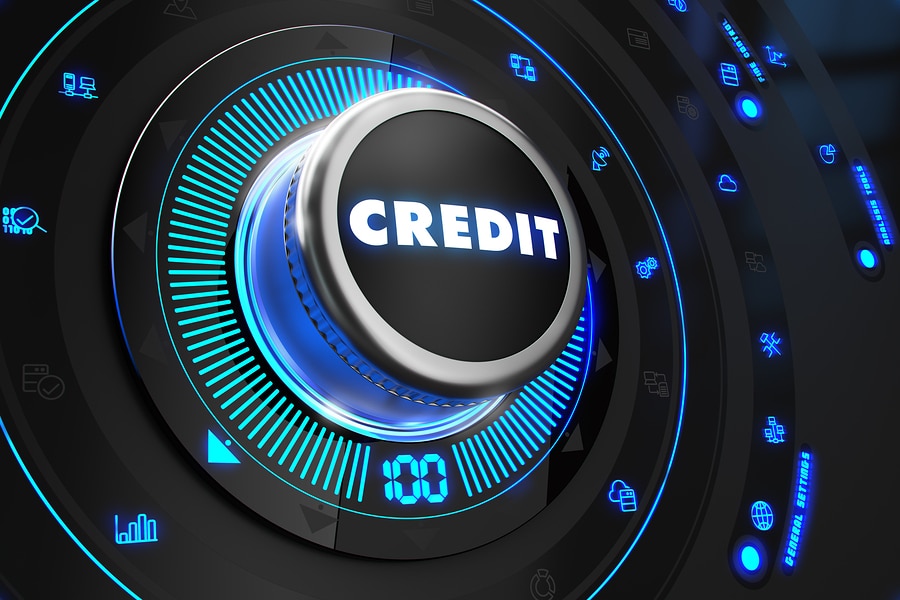Managing your credit limit is essential for maintaining financial health and improving your credit score in the USA. Responsible credit management helps you avoid excessive debt and opens up better financial opportunities. Key practices include using your credit wisely without overextending, paying off balances on time, and keeping your credit utilization low.
By implementing these strategies, you can maintain a balanced approach to credit, protect your finances, and build a strong credit profile. Whether you’re new to credit or aiming to improve your situation, these tips can support your journey toward financial wellness.
Understanding credit usage

Controlling your credit starts with understanding your credit usage and keeping track of your credit limit. Your credit limit is the maximum amount you can borrow at any time on a credit line, like a credit card. To maintain a healthy credit score and manage debt, it’s essential to use your available credit responsibly.
The credit utilization ratio, or the percentage of your credit limit you’re using, is vital for your credit score. Aim to keep this ratio below 30%. For example, if your limit is $10,000, try to keep your usage under $3,000. Monitoring your spending and using tools or apps to track your expenses can help prevent overspending and reduce the risk of accumulating debt.
Setting a budget
Establishing a budget is one of the simplest yet most effective ways to manage your finances and control your credit. Start by analyzing your monthly income and expenses to create a realistic spending plan. Allocate funds for essentials such as housing, food, and transportation while setting aside a portion for savings and credit payments.
A budget allows you to see where your money is going and identify areas where you can cut back. This not only ensures you’re living within your means, but also helps you avoid reaching or exceeding your credit limit, which can lead to financial stress.
Discipline is vital when sticking to your budget, but it should also be flexible enough to accommodate unexpected expenses. By keeping your budget balanced and adjusting as necessary, you can maintain control over your credit usage.
Automatic payments
To avoid excessive debt, consider setting up automatic payments for your credit accounts. This convenient feature ensures your bills are paid on time, eliminating the risk of late fees and penalties, which can quickly impact your financial health.
Automatic payments help maintain your credit history positively, as timely payments reflect well on your credit report, enhancing your credit score over time. When setting up automatic payments, ensure you have sufficient funds in your account to cover these transactions to avoid overdraft fees.
Regularly review your statements and adjust payment amounts if necessary, especially if you have variable expenses. Keeping an eye on your accounts can help you remain aware of your financial situation and maintain control over your debt levels.
Strategies for reducing credit card debt
Paying down existing credit card debt is a crucial step in controlling your financial situation. Start by assessing your debts and prioritizing them based on interest rates. Higher interest rates typically accumulate more debt over time, making them a priority for repayment.
Consider adopting the avalanche method, where you focus on paying off the debt with the highest interest rate first while making minimum payments on other cards. This approach minimizes the amount of interest you accrue and accelerates the debt repayment process.
Another approach is the snowball method, where you pay off the smallest balance first. While this might not save you the most on interest, it can provide psychological satisfaction and motivation as you see smaller debts eliminated quickly.
Consolidating debt
Debt consolidation is a strategy that involves combining multiple debts into a single loan with a lower interest rate and more manageable monthly payment. This can simplify your payment process and save you money over time, making it easier to control your credit.
Options for consolidation include personal loans and balance transfer credit cards. Both options require careful consideration, as they might come with fees or require a strong credit history to secure the lower rates. Evaluate these options based on your specific financial situation and goals.
While debt consolidation can be beneficial, it’s essential to change any underlying habits that led to debt accumulation. Without addressing these behaviors, there’s a risk of returning to a situation of excessive debt in the future.
Maintaining financial discipline
To effectively control your credit, adopting disciplined financial habits is crucial. Start by distinguishing between wants and needs to minimize impulsive spending. Each purchase should align with your budget and financial goals to avoid creeping debt levels.
Engage in regular financial check-ups to assess your progress and adjust your strategies as necessary. Being proactive about your credit health will help you avoid surprises and prepare for financial challenges.
Finally, educate yourself about financial management topics, as knowledge is your best asset. Understanding how interest works, how credit scores are calculated, and current economic conditions can provide valuable insights into making informed credit-related decisions.
